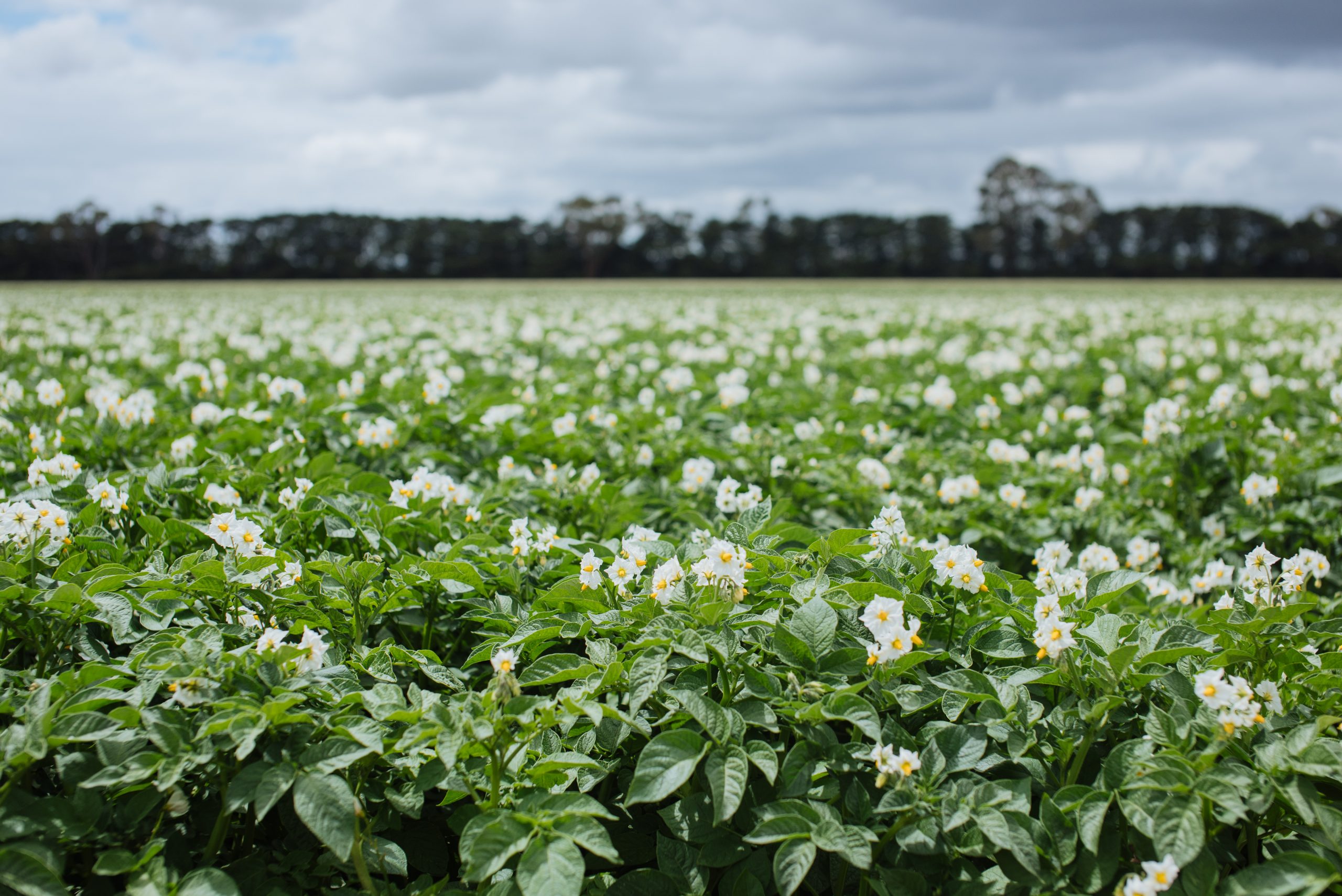Potato tuber movement assured between eastern states
AUSVEG National Tomato-Potato Psyllid Coordinator Alan Nankivell discusses the outcomes of a workshop between Plant Health Committee members and industry stakeholders to develop a risk mitigation framework for the movement of potatoes across borders in the event that CLso is detected in the eastern states.
In February 2017, tomato-potato psyllid (TPP) was detected in Western Australia. As a result, quarantine measures were put into place that stopped trade of potato tubers (and particularly seed potatoes) and other solanaceous crops to the eastern states.
It was soon recognised that if TPP was detected in the eastern states, and similar quarantine measures were put into place, then trade restrictions would cause a calamitous impact on the potato industry.
As a result, negotiations commenced in late 2017 with the Plant Health Committee (PHC), which consists of all Chief Plant Health Managers from all states and the Commonwealth, to identify how to ensure business continuity while also mitigating the risk of the spread of TPP and the potential bacterium Candidatus Liberibacter Solanacearum (CLso), which causes zebra chip complex.
Early in the initial detection of TPP it was unknown whether CLso was present. Industry communiques In December 2018, the PHC released its first Communique to industry saying that if TPP was detected, and that it had originated in Western Australia, then movement of potato tubers across borders would be ensured.
Industry stakeholders were concerned that this did not go far enough and further negotiations, discussions, workshops and the sharing of international evidence has led to a second communique from PHC, released in January 2020.
These communiques are located on the AUSVEG website via the TPP portal.
Risk mitigation
A workshop was held in November 2019, which was led by AUSVEG National TPP Coordinator Alan Nankivell and involved PHC members and key industry stakeholders. The result of this workshop was the development of a high-level risk mitigation framework for the movement of both processing and ware potatoes across regions and borders in the event of TPP carrying CLso being detected in the eastern states.
Pathways hazard points were identified for both processing and ware potatoes, and likely approaches to mitigating these pathways were identified to ensure business continuity.
The PHC endorsed the workshop outcomes in December 2019 and recognised the importance of continued movement of ware and processing potatoes during the incident definition phase in the event of a detection of TPP/CLso in the eastern states.
The PHC has tasked its subcommittee on Domestic Quarantine and Market Access (SDQMA) to prepare formalised movement conditions during 2020. While this is occurring, it is expected that the risk framework developed at the workshop will guide actions to maintain business continuity in the event that TPP is detected in New South Wales, Queensland, South Australia or Victoria.
Further work is required to work through the implications to industry if CLso is detected in seed potato crops. A further workshop on this matter will explore the pathways and what resultant risk mitigation frameworks may already exist or need to be put in place.
Find out more
A copy of the Communiques can be viewed through the AUSVEG TPP Portal.
For more information on this program, please contact AUSVEG National TPP Coordinator Alan Nankivell at alan.nankivell@ausveg.com.au.

